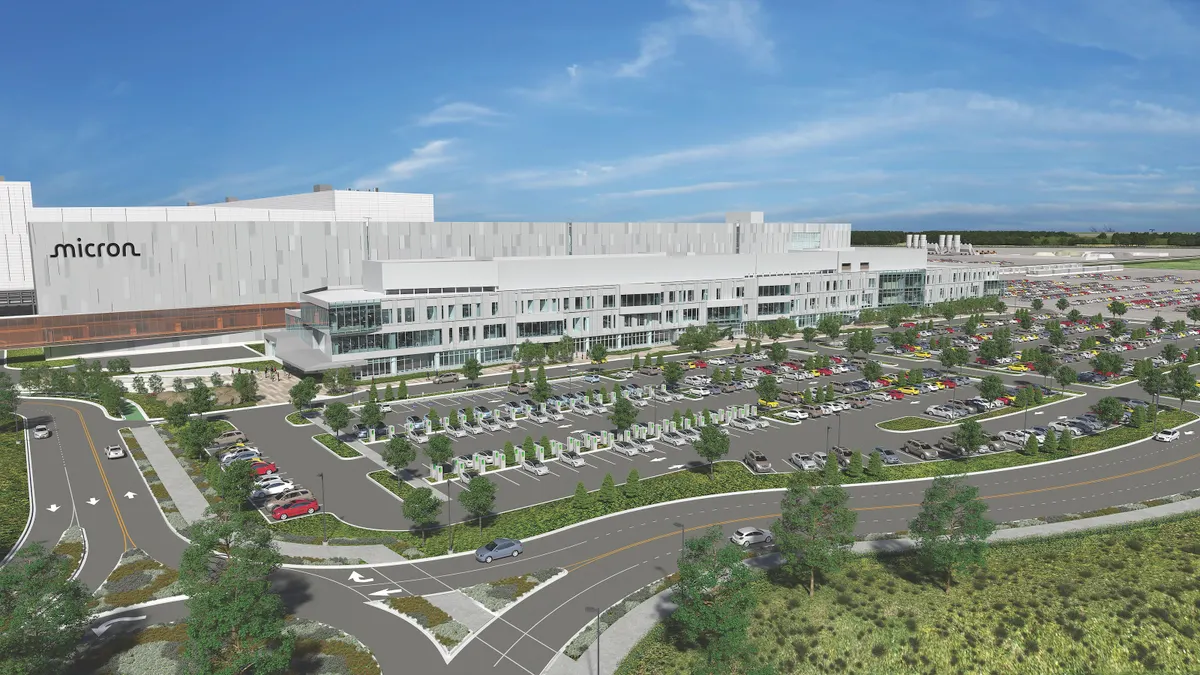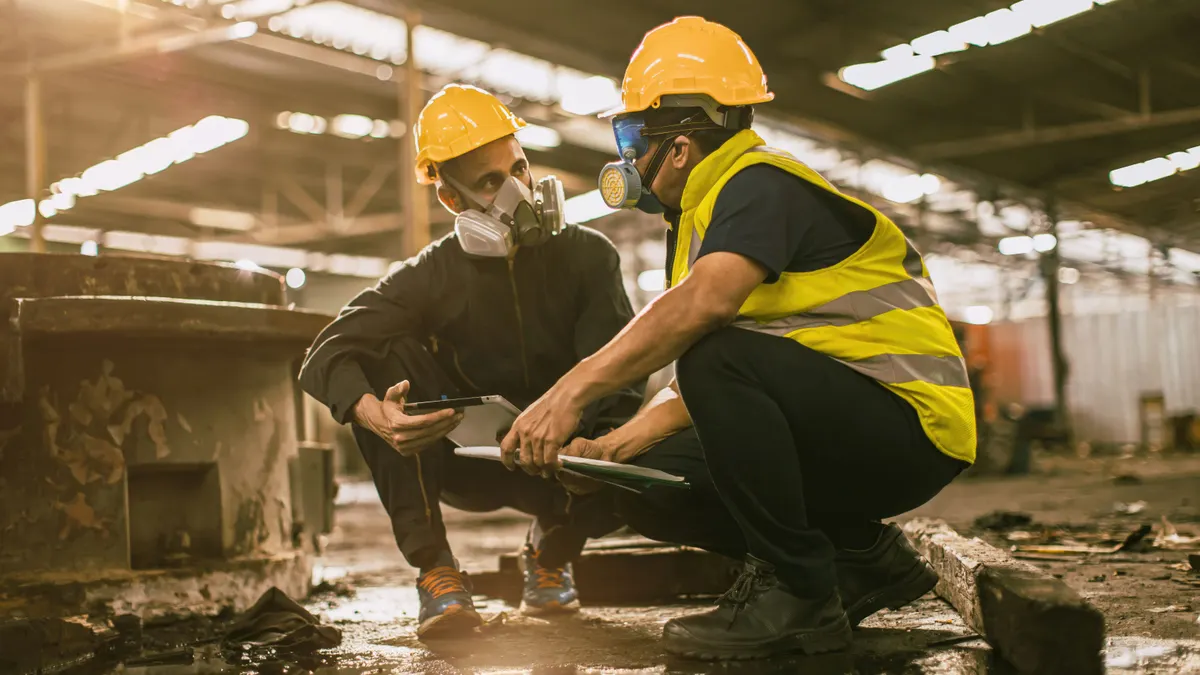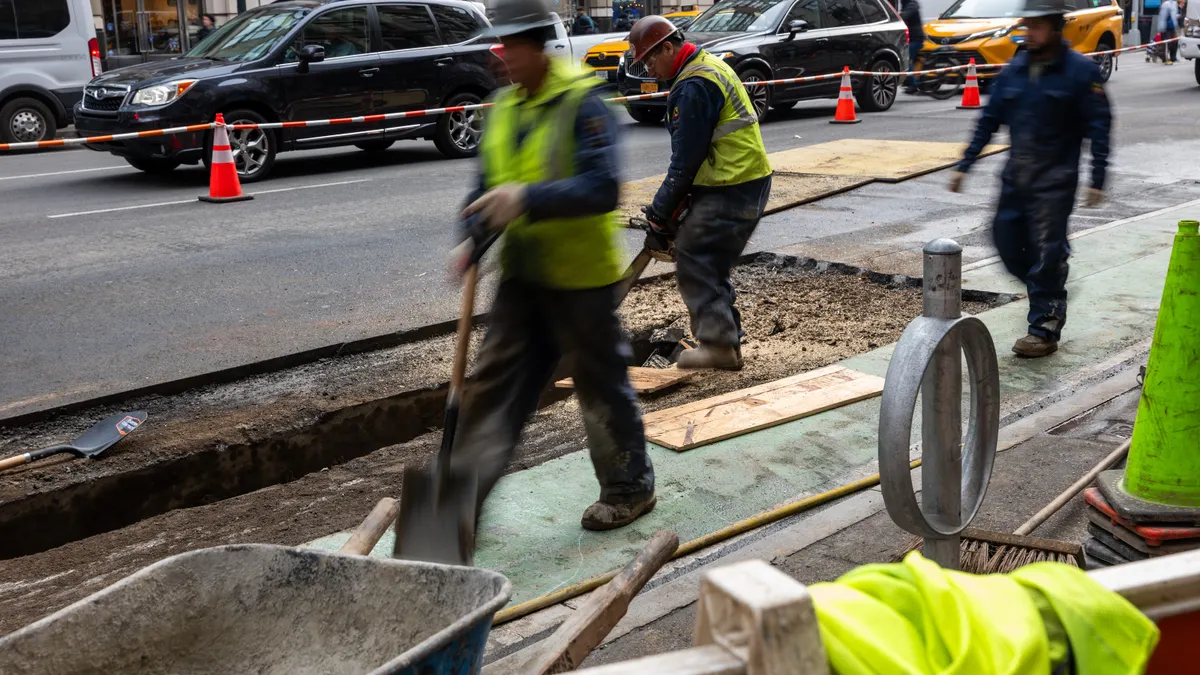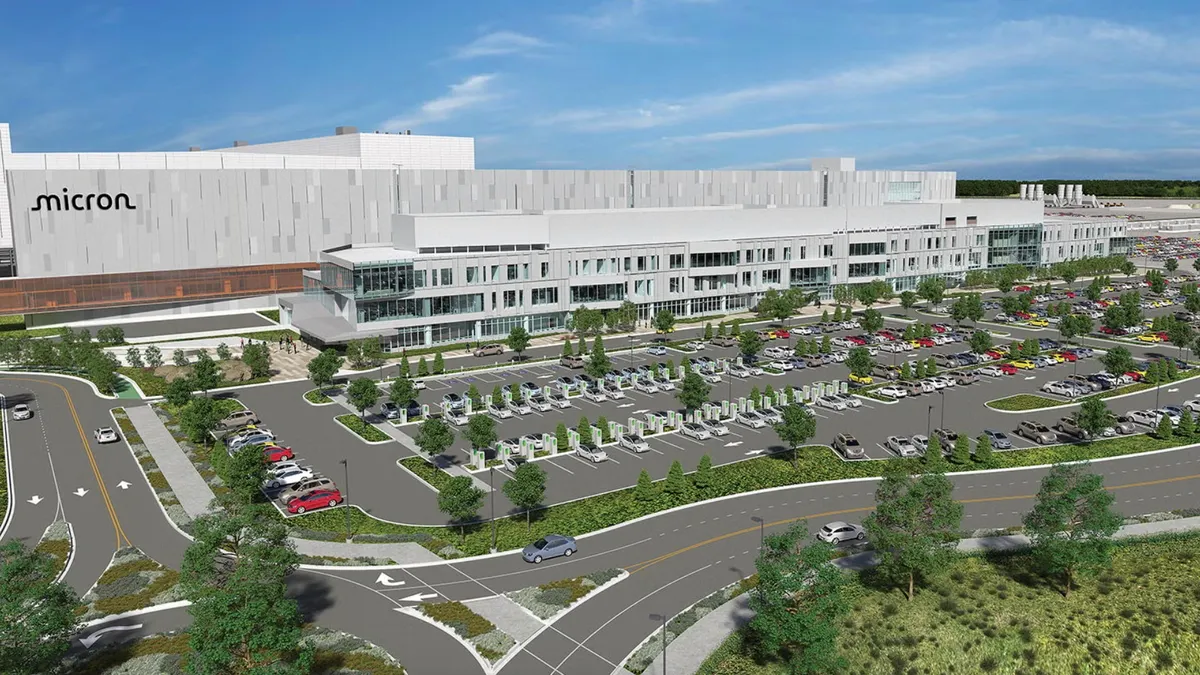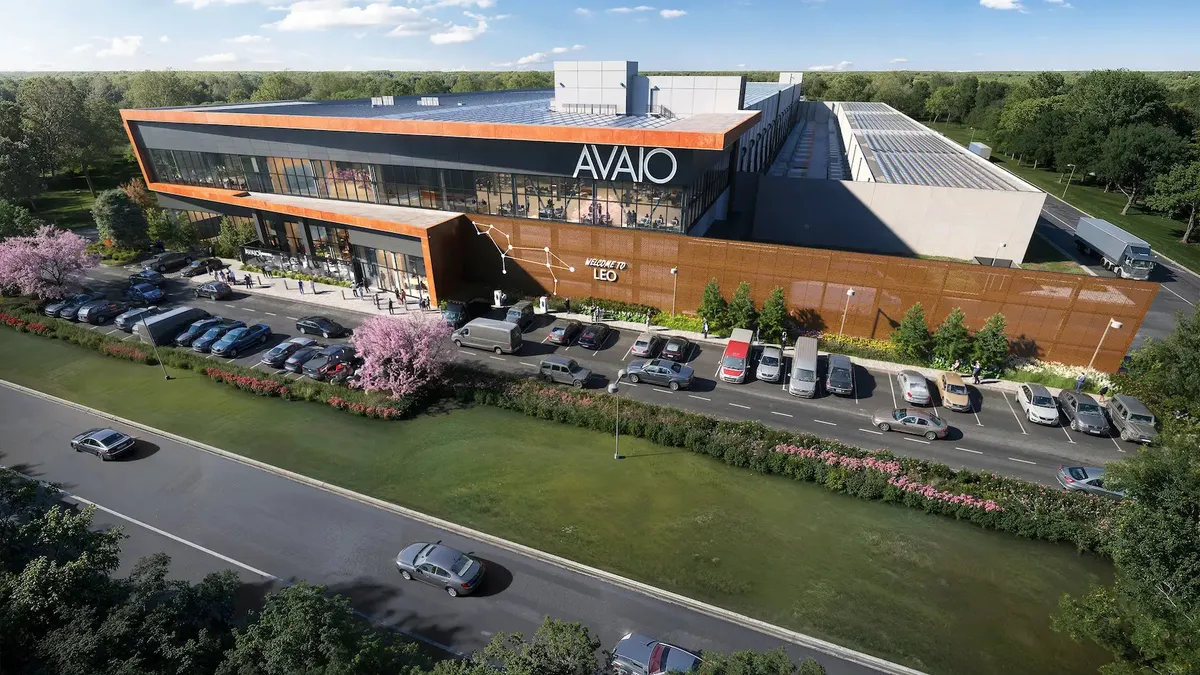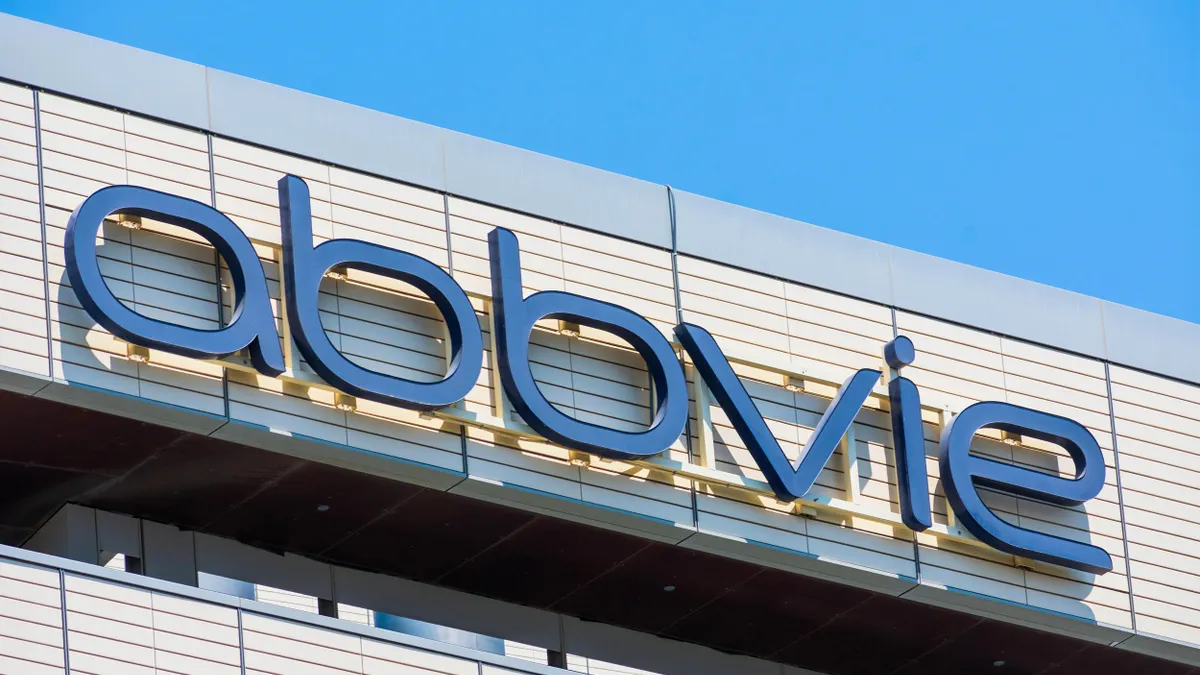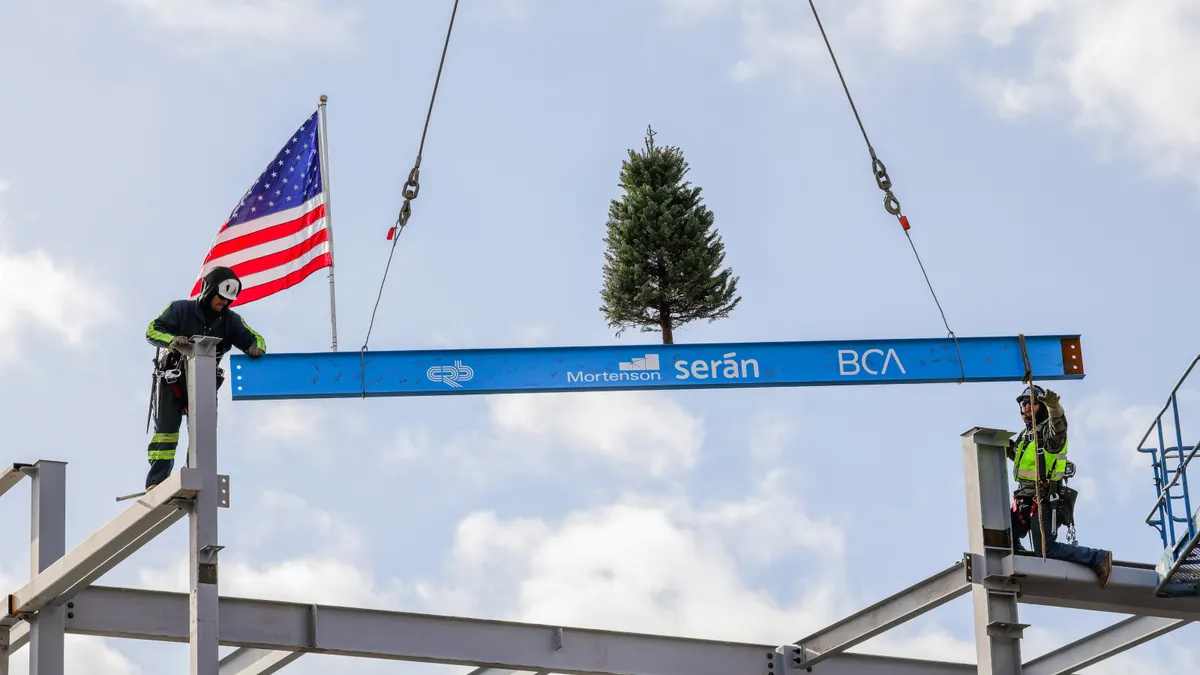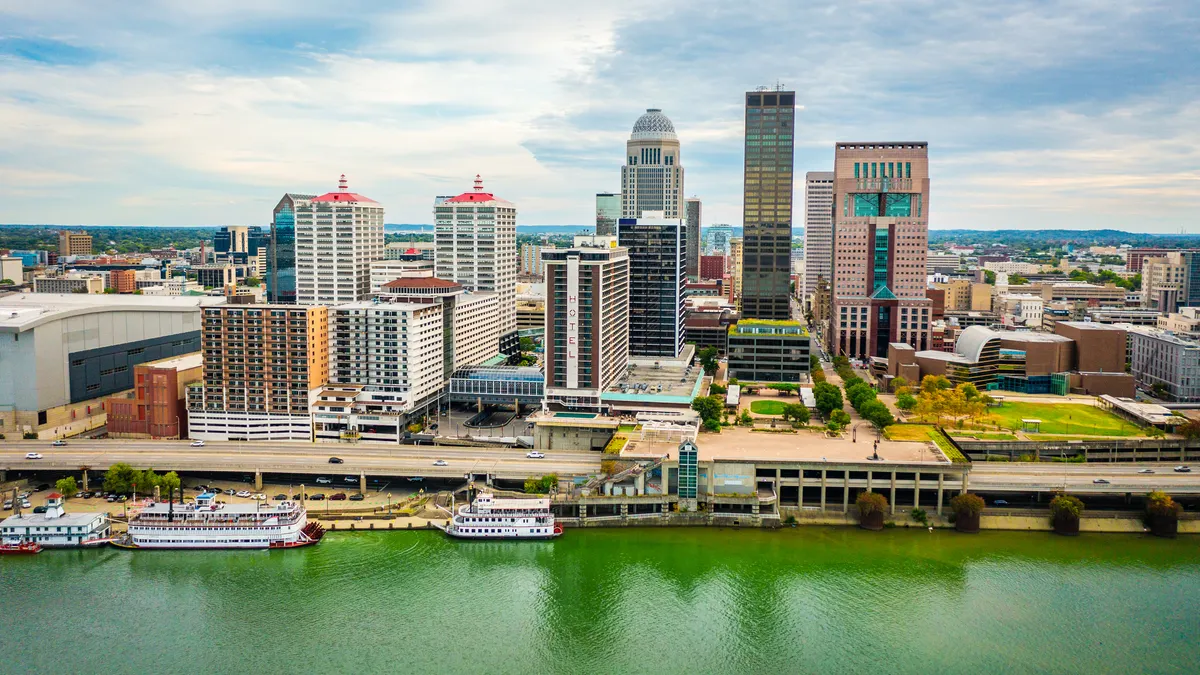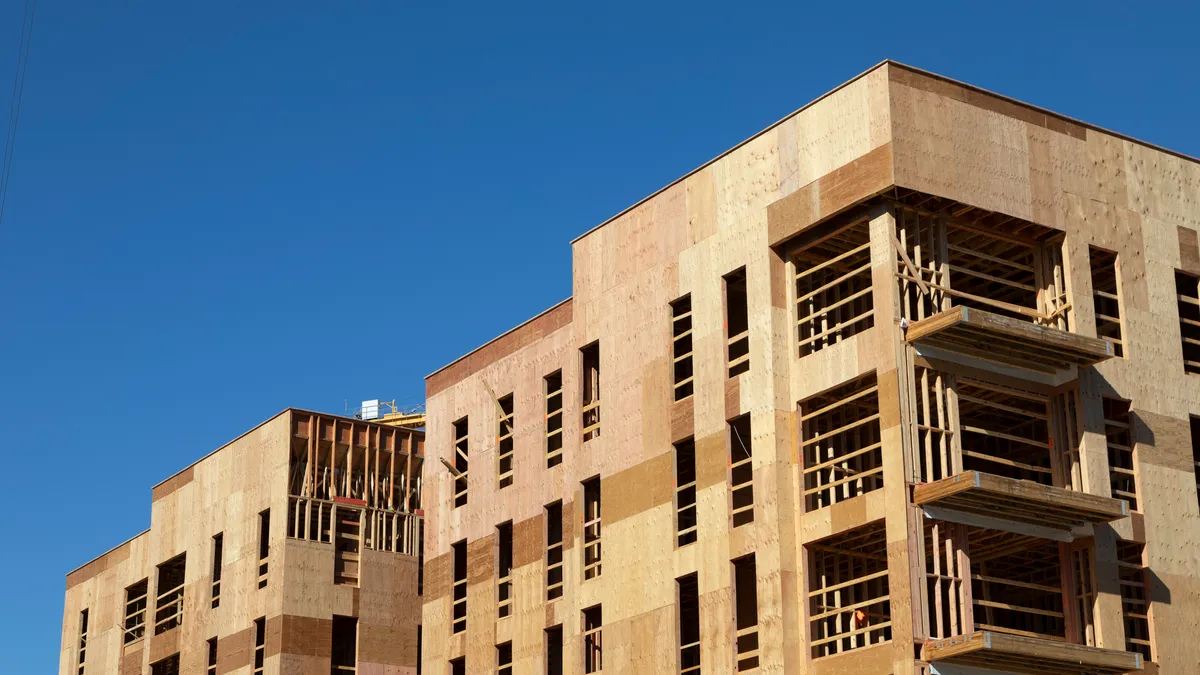It's been proven that downtown businesses can lose thousands of dollars worth of income when a city decides to improve roads, upgrade a public square, or add government buildings near a shopping area.
But in cities where construction is chasing shoppers and diners away, local governments are luring them back – with subsidized happy hours, discount coupons, and free parking.
Here are some clever—and successful—ways cities are pitching in to ease those businesses’ construction-induced pain:
Bangor, ME
Happy hours: During the final months of a $1.3 million facelift of Bangor’s West Market Square, the city hosted four Wednesday-evening Hard Hat Happy Hours at hard-hit local bars. Patrons who braved the dust and detours to attend the events were rewarded with hard-to-come-by downtown parking passes and with gift certificates to local businesses.
Gallatin, TN
Free parking: City Hall struck a deal with the local library and a nearby church to let shoppers park in their lots for free while patronizing Main Street’s struggling businesses during a grade-and-pave road construction project. Gallatin officials also temporarily converted a one-way, “L” shaped roundabout in front of the affected stores and restaurants to accommodate two-way traffic, and is sprucing up the alley behind the stores so patrons can enter through their back doors while the storefronts are in disarray.
Madison, WI
Survival guide: Madison and its Chamber of Commerce published 16-page Road Construction Survival Guides for beleaguered businesses during two major downtown construction eras in 2009 and 2011. In a joint letter, the mayor and Chamber president assured businesses they “can not only endure the process, but also prosper during it.” The guide advises business owners to stay up-to-date with construction schedules; partner with neighboring businesses; and take advantage of city- and Chamber-sponsored consumer marketing campaigns.
“Willy Lives”: Two years before Madison began a major overhaul of its popular Williamson Street area, the local business association joined forces with an advertising firm to create what they called a “guerilla campaign” to let residents know its stores and restaurants would be open for business during construction. The groups posted colorful “Willy Lives” yard signs all over the neighborhood; sent images to community newsletters and businesses to publish; embarked on a public relations campaign to get local media to cover the construction; organized neighborhood events to draw people to the stores; and started a community Facebook page that kept residents up to date.
“Monona Moola”: When construction began on Monona Drive, a local bank and the Monona Chamber of Commerce held educational breakfast meetings for business owners; created coupon books for stores and eateries; and sent a newsletter called “Weather the Storm” to residents. They also sold “Monona Moola,” $4 coupons that people could redeem for $5 at participating businesses.
Kansas City, MO
Streetcar app: During construction of Kansas City’s streetcar line on Main Street, the contractor, KC Streetcar Constructors, is distributing a free smartphone app to locals. The app features specials, business hours, and updates from the attractions along the streetcar line. Users who check in with participating businesses will earn points toward prizes— including one $5,000 bounty payable once construction is complete.
Charlottesville, VA
Right-on-red: After a local newspaper publicized the complaints of almost 50 small businesses about construction at McIntire Plaza, city engineers adjusted the timing of red lights at nearby intersections to improve traffic flow and allow drivers to turn right on red—into the plaza. Road signs directing traffic into the small shopping center also have helped business a bit, a follow-up article reported.
Salt Lake City, UT
Easy money: When Salt Lake City decided to expand its light rail a few years ago, it established a revolving, low-interest loan program so affected businesses could borrow up to $20,000 at 3% interest.
Good behavior bonuses: The city set aside $1 million for bonuses to the general contractor as a reward for receiving few complaints and quickly responding to those it got, and for otherwise impressing the community. And it let residents decide how much the GC got.
Lunch bus: If hungry locals can’t get to their favorite downtown eateries because construction is in the way, Salt Lake City will go to them. During construction, a city-sponsored Lunch Bus drove around during a half dozen lunch hours to pick up residents and drive them to restaurants in the construction zone.
Dust buster: The city used Federal Transportation Agency funds to: place “still in business” ads in local papers and on TV stations; subsidize discount coupons redeemable at construction-afflicted shops; issue car-wash vouchers to residents whose cars got filthy as they patronized construction-zone businesses; and host community celebrations as each phase of construction finished up.



